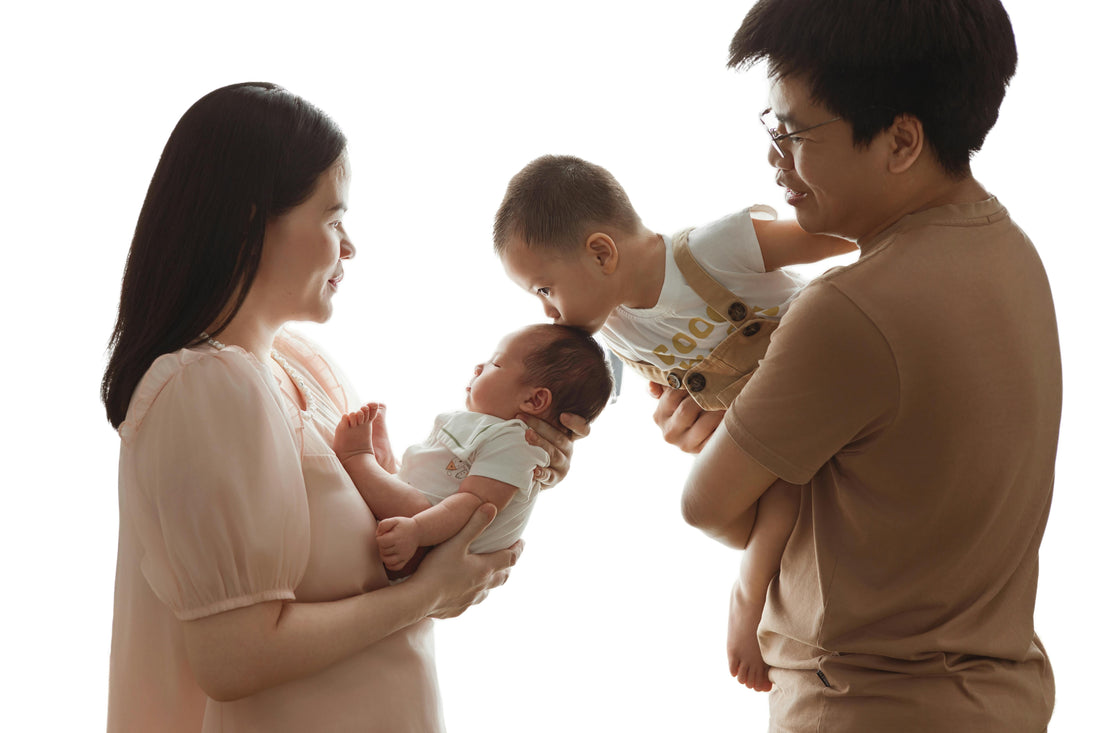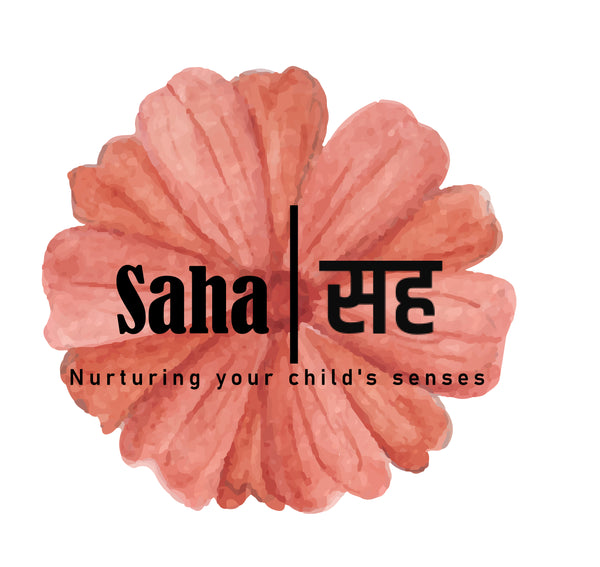
How Early Childhood Experiences Shape Who We Are
Share
Early childhood experiences are the cornerstone of human development, influencing physical, emotional, cognitive, and social growth. These foundational years set the trajectory for an individual’s lifelong health, well-being, and behavior. Research underscores the profound impact of early experiences on brain development, resilience, and the capacity for forming relationships. In this blog post, we delve into the significance of early childhood experiences and their long-lasting implications, supported by recent studies and expert insights.
The Science Behind Early Childhood Development
From birth to age five, a child’s brain develops more rapidly than at any other time in life. During these years, neural connections form at an astounding rate, influenced by genetics, environment, and experiences. According to the North Carolina Department of Health and Human Services, nurturing interactions, safe environments, and positive stimulation are critical during this phase. These factors not only shape the architecture of the developing brain but also influence how children perceive the world around them and therefore build the foundation of the system that would guide their decision making for many years to come.
Studies show that the quality of early relationships, particularly with primary caregivers, plays a pivotal role in emotional regulation and attachment. Secure attachments foster confidence and the ability to manage stress, while neglect or adverse experiences can lead to chronic stress and long-term health challenges.
Emotional and Social Development
The emotional bonds formed in early childhood lay the groundwork for future social interactions and emotional health. Positive experiences, such as being loved, heard, and cared for, instill a sense of security and self-worth. Conversely, adverse childhood experiences (ACEs), including abuse, neglect, or exposure to violence, can have detrimental effects.
As highlighted by an article in Psychology Today, early emotional experiences shape how individuals perceive themselves and interact with others. For example, children who experience consistent caregiving tend to develop higher emotional intelligence and empathy. On the other hand, children exposed to toxic stress may struggle with trust, emotional regulation, and building relationships in adulthood.
While most of us feel that only an exorbitant amount of stress from experiences like death of a near one, high amount of physical pain or being in a warzone count as adverse, researchers are saying that children are affected in the same degree by day-to-day negative events like not getting enough attention from their caregivers.
Cognitive Development and Learning
Early childhood is also a critical period for cognitive development. During these formative years, children acquire language, problem-solving skills, and foundational knowledge that will support their educational journey. Enriching activities such as reading, singing, and playing promote brain development and prepare children for school.
Research published in BMC Public Health emphasizes the importance of early education and stimulation in reducing disparities in cognitive development. The study indicates that children exposed to high-quality early learning environments are better equipped to excel academically and socially.
The Role of Adverse Childhood Experiences (ACEs)
While positive experiences lay a strong foundation, negative ones can create barriers to healthy development. ACEs, such as parental separation, abuse, or neglect, have been linked to a range of negative outcomes, including chronic diseases, mental health disorders, and substance abuse in adulthood. The stress associated with ACEs disrupts the development of brain regions responsible for learning, memory, and self-regulation.
However, the impact of ACEs can be mitigated by supportive relationships and interventions. Early detection and trauma-informed care are crucial in buffering the effects of adversity and promoting resilience. Programs that provide safe, nurturing environments and teach coping skills can help children overcome challenges and thrive.
The Importance of Early Intervention
Recognizing the critical nature of early childhood, many initiatives focus on supporting families and caregivers to provide optimal environments for children. From parent education programs to early childhood education initiatives, these efforts aim to ensure every child has a chance to reach their full potential.
Studies highlight the importance of access to quality childcare, healthcare, and nutrition as foundational elements for healthy development. These resources not only address immediate needs but also have ripple effects on societal outcomes, including reduced crime rates, improved workforce readiness, and lower healthcare costs.
Building Resilience Through Supportive Environments
Resilience, the ability to adapt and thrive despite adversity, is a critical outcome of positive early experiences. Supportive environments—characterized by stable relationships, routine, and opportunities for exploration—foster resilience. Communities, educators, and policymakers play a vital role in creating these environments.
For instance, the presence of at least one caring adult can significantly improve outcomes for children facing adversity. This relationship provides emotional safety and a buffer against stress, enabling children to develop coping mechanisms and build confidence.
Long-Term Impacts on Society
The effects of early childhood experiences extend beyond the individual to influence broader societal outcomes. Adults who had positive early experiences are more likely to contribute to their communities, maintain stable employment, and engage in healthy relationships. Conversely, the societal costs of neglecting early childhood development include higher rates of unemployment, crime, and healthcare expenditures.
Investing in early childhood programs has been shown to yield significant economic returns. For every dollar spent on high-quality early education, society saves multiple dollars in remedial education, welfare, and criminal justice costs. As such, prioritizing early childhood development is not only a moral imperative but also a sound economic strategy.
Conclusion
Early childhood experiences are the building blocks of a person’s future. From shaping brain architecture to influencing emotional and social skills, these early years have profound and lasting effects. By fostering nurturing environments, addressing adverse experiences, and investing in early intervention programs, we can ensure that all children have the opportunity to thrive.
The insights from NCDHHS, Psychology Today, and BMC Public Health underline the critical need for a collective effort to support early childhood development. By prioritizing the needs of young children, we can create a healthier, more equitable, and prosperous society for generations to come.
References
North Carolina Department of Health and Human Services. (n.d.). Why Early Childhood Matters. Retrieved from https://www.ncdhhs.gov/about/department-initiatives/early-childhood/why-early-childhood-matters
Psychology Today. (2024). How Does Early Childhood Shape Us? Retrieved from https://www.psychologytoday.com/intl/blog/leadership-diversity-and-wellness/202408/how-does-early-childhood-shape-us
BMC Public Health. (2021). Early childhood experiences and disparities in cognitive development. Retrieved from https://bmcpublichealth.biomedcentral.com/articles/10.1186/s12889-021-10732-w
